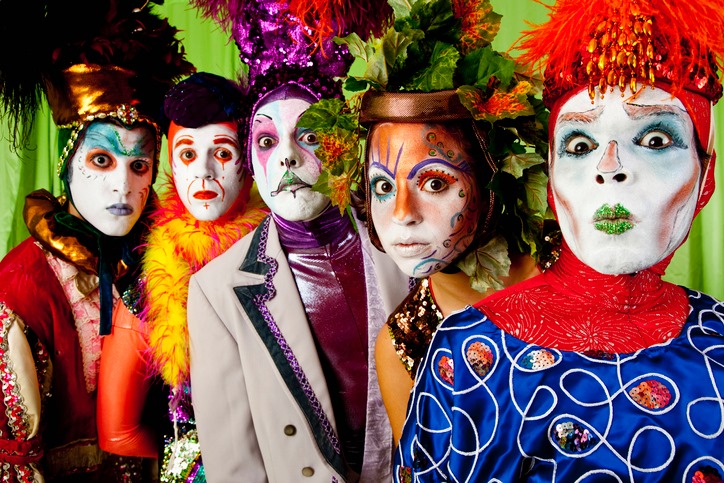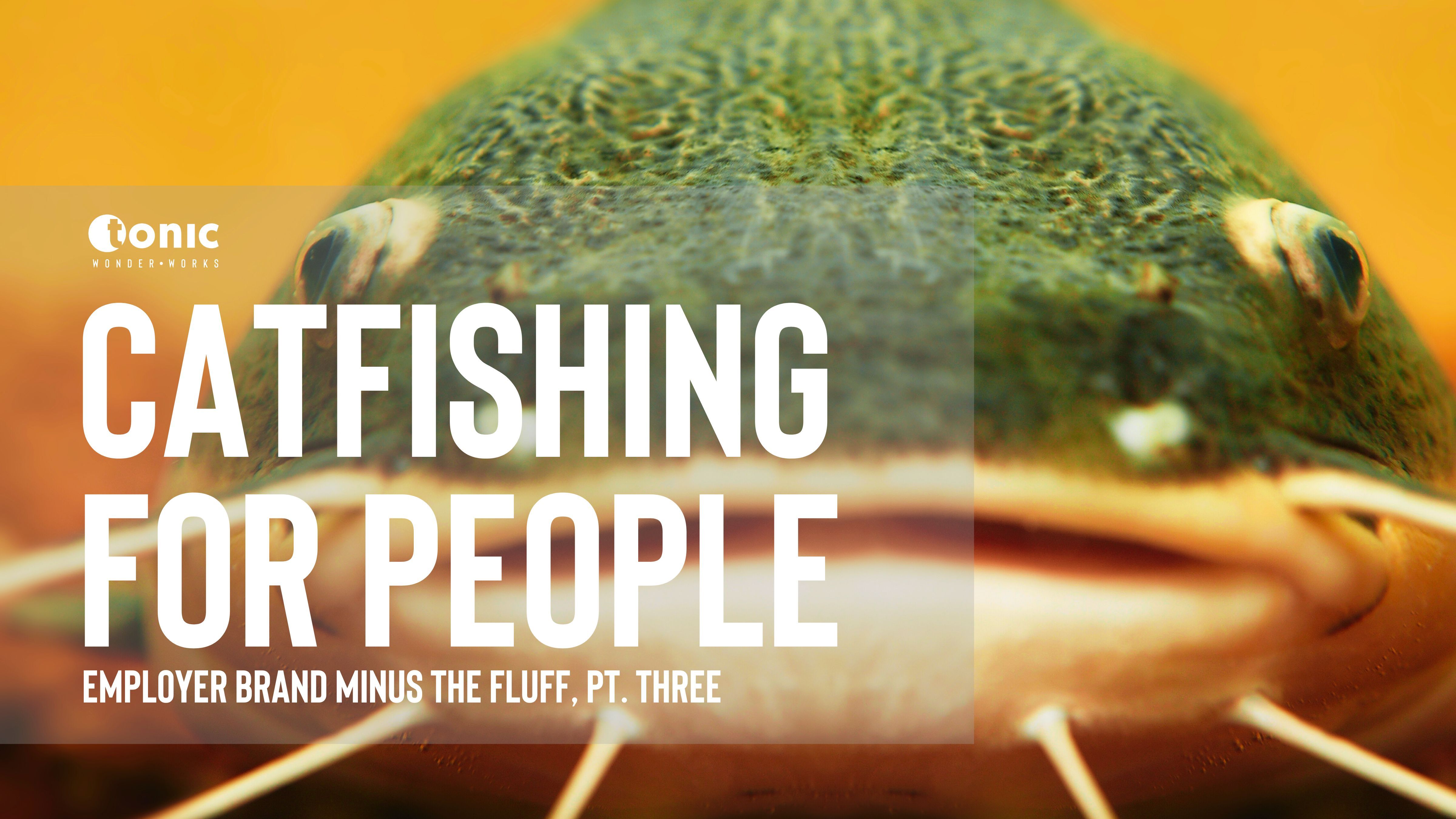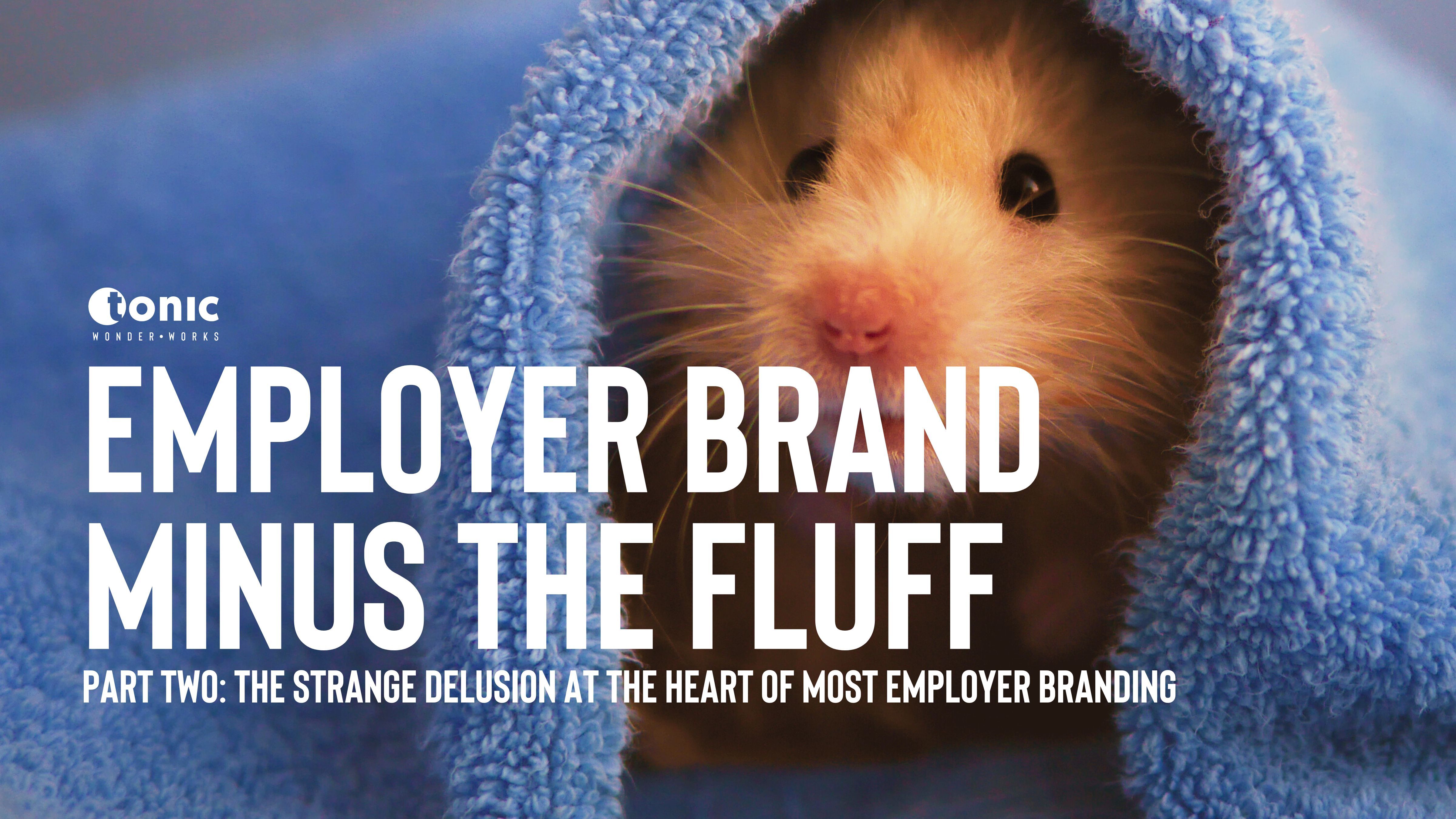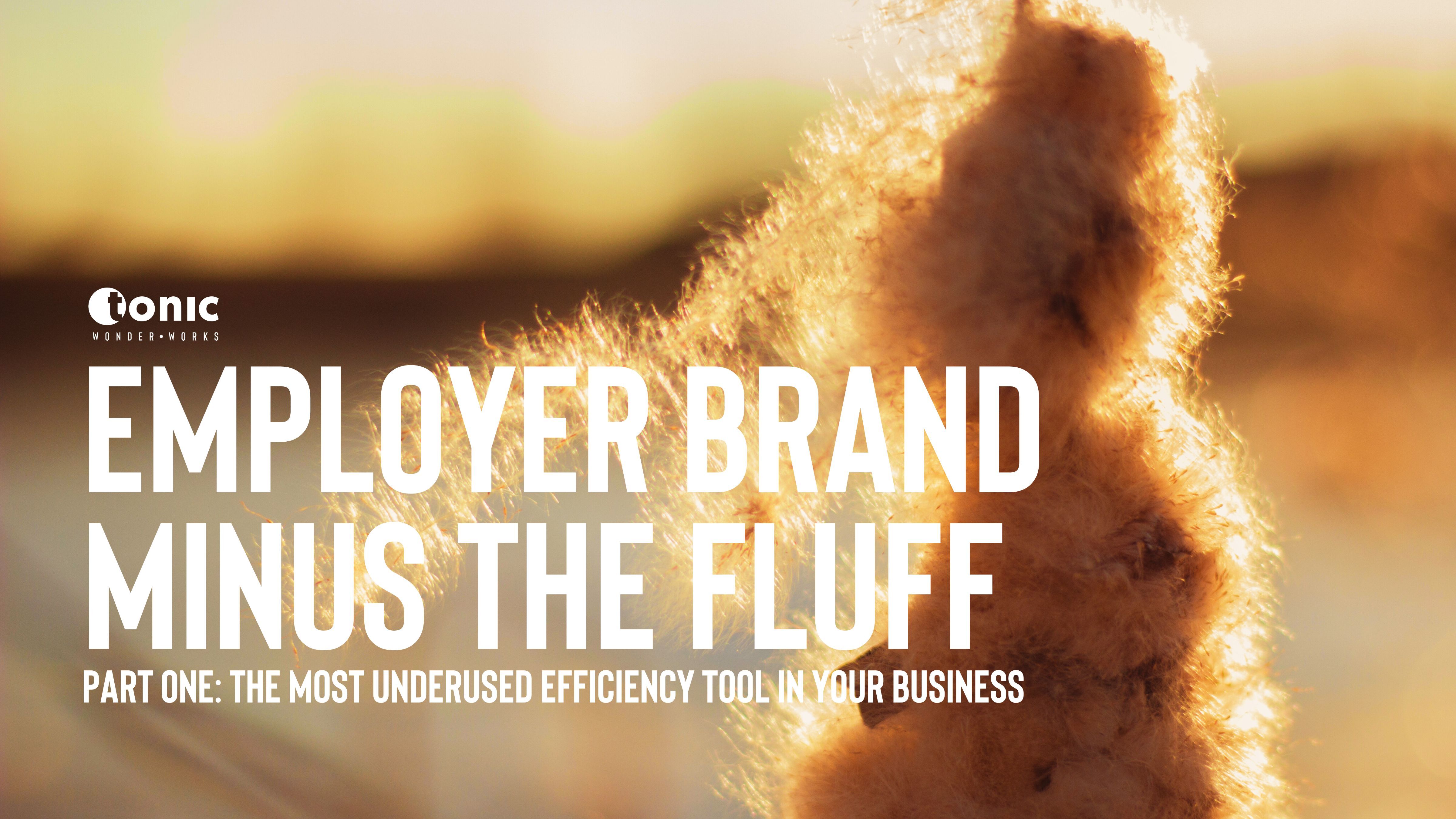
At the RL100 summit in Whitstable last week, we explored the idea of ‘truthiness’ in storytelling. When Steven Colbert came up with the word truthiness he was joking, but I think that like all great jokes it contains an idea that’s of value: what makes stories ‘work’ is not whether or not they happen to be true, but whether they happen to feel true. We’ve all watched films which are clearly fiction, but which moved us with their inner truth, and we’ve all heard testimony which might well be factual but bounced off us without making an impact.
I worry that a lot of employers don’t think about this hard enough. They talk about authenticity, but fail to distinguish this from truth. They’ll tell a story that’s true, but doesn’t seem it. Actually they’d be better telling parables that were believable – just as humanity has done throughout its history in every culture to explain values, ideas, ideals and concepts.
The reality is that good stories have shapes. They involve good fortune and bad fortune. They involve things going well and things going badly. Every film or book you’ve ever loved has taken you on that rollercoaster of emotions. And yet so many corporate stories insist that things started out fine, continued in an optimal manner, and portend a future which is positively sunny in every respect. That might sound like a good idea, but nobody believes or loves that story. And it’s boring.
I thought I might be presenting a radical or difficult point of view, but what I found really interesting was that people in the room were immediately able to give examples of where they’ve experienced this in practice. Telling candidates the drawbacks of joining your organisation really can help sell them on the benefits. Giving the employee testimonial that involved a bit of failure, trial and error, and perseverance does help to hire the right people.
That’s going to be a struggle for a lot of organisations and a lot of people though. It’s going to involve some introspection and humility to reflect on whether we might be being dull, dubious or dislikable. It’s going to involve some persuasion to get stakeholders to agree that presenting a better face might involve showing more flaws. But if we tell them a good story, I think we can manage it…
Marcus Body – September ’19
We’ll be exploring Truthiness further in our autumn event series beginning in October ’19. If you’d like to be a part of the discussion. Click here and tell us which events you’re interested in. There’s a quick form to fill in, then the rest is on us.




